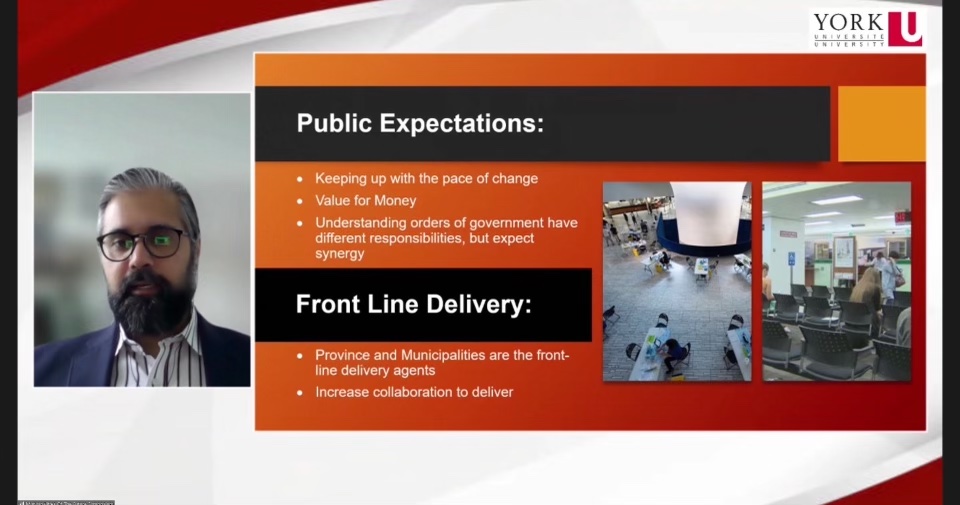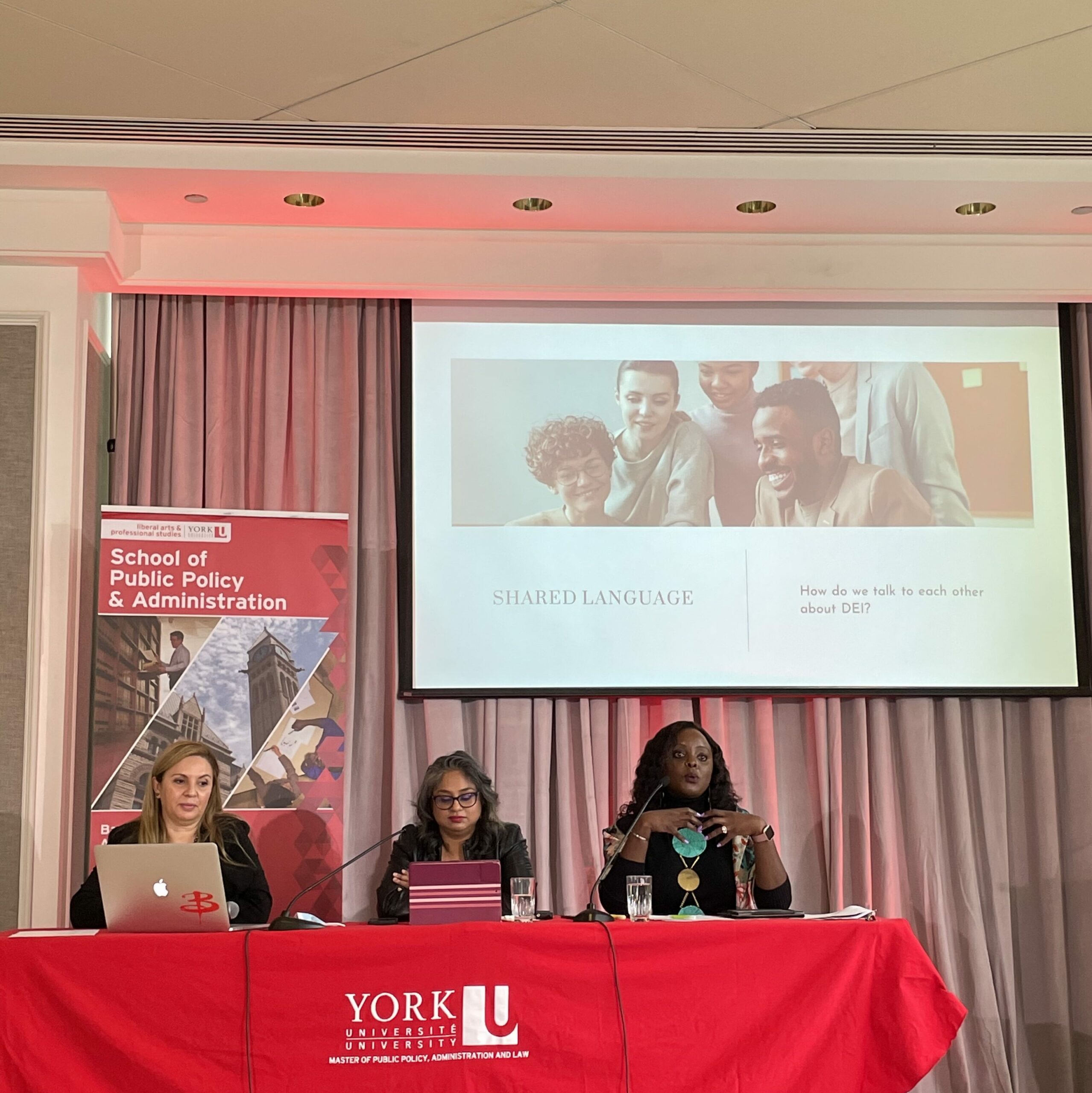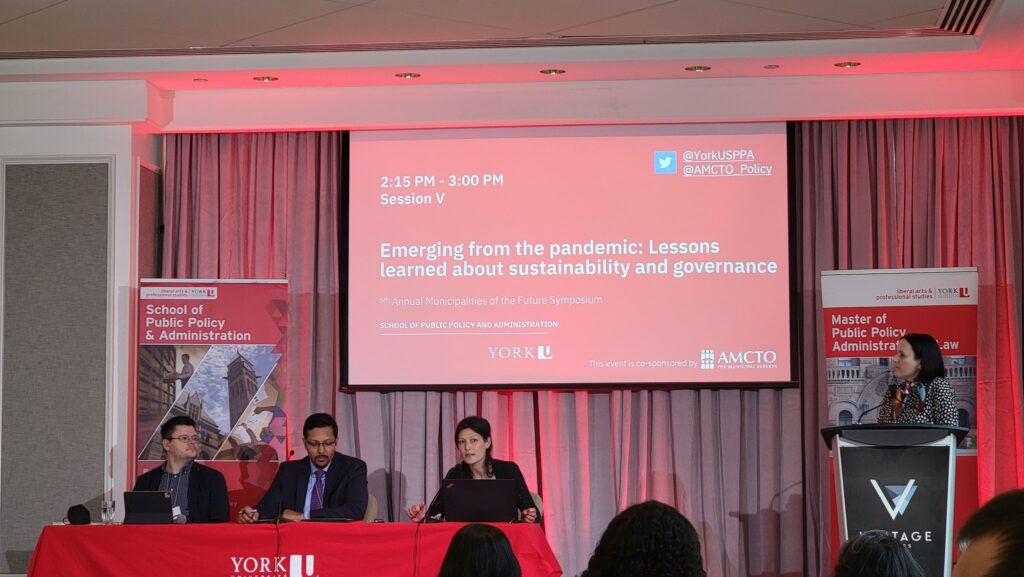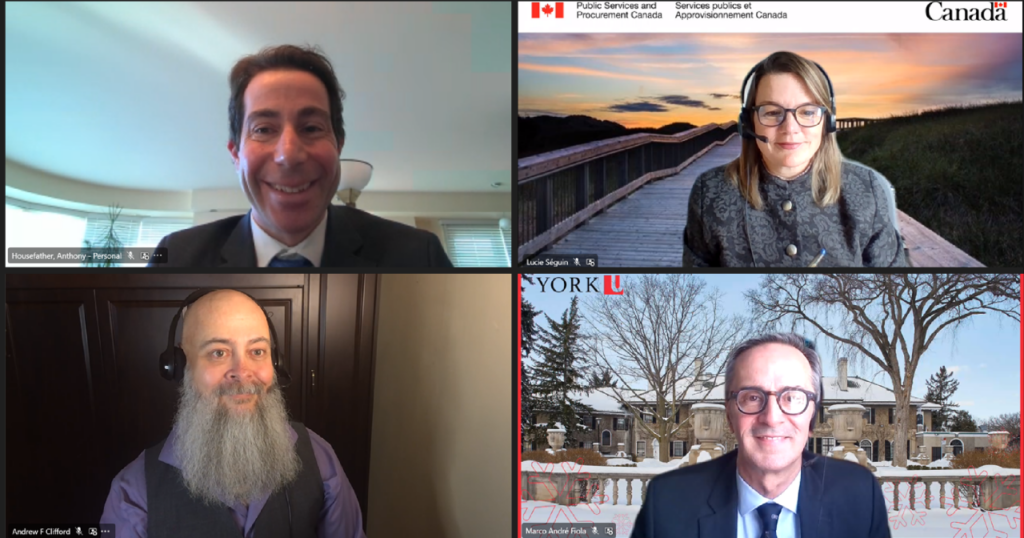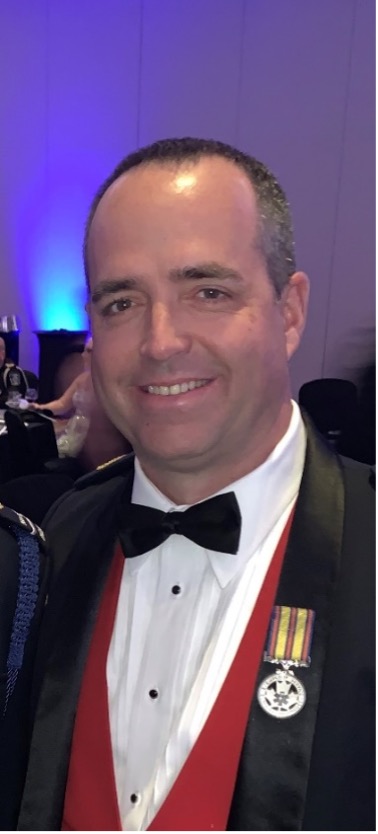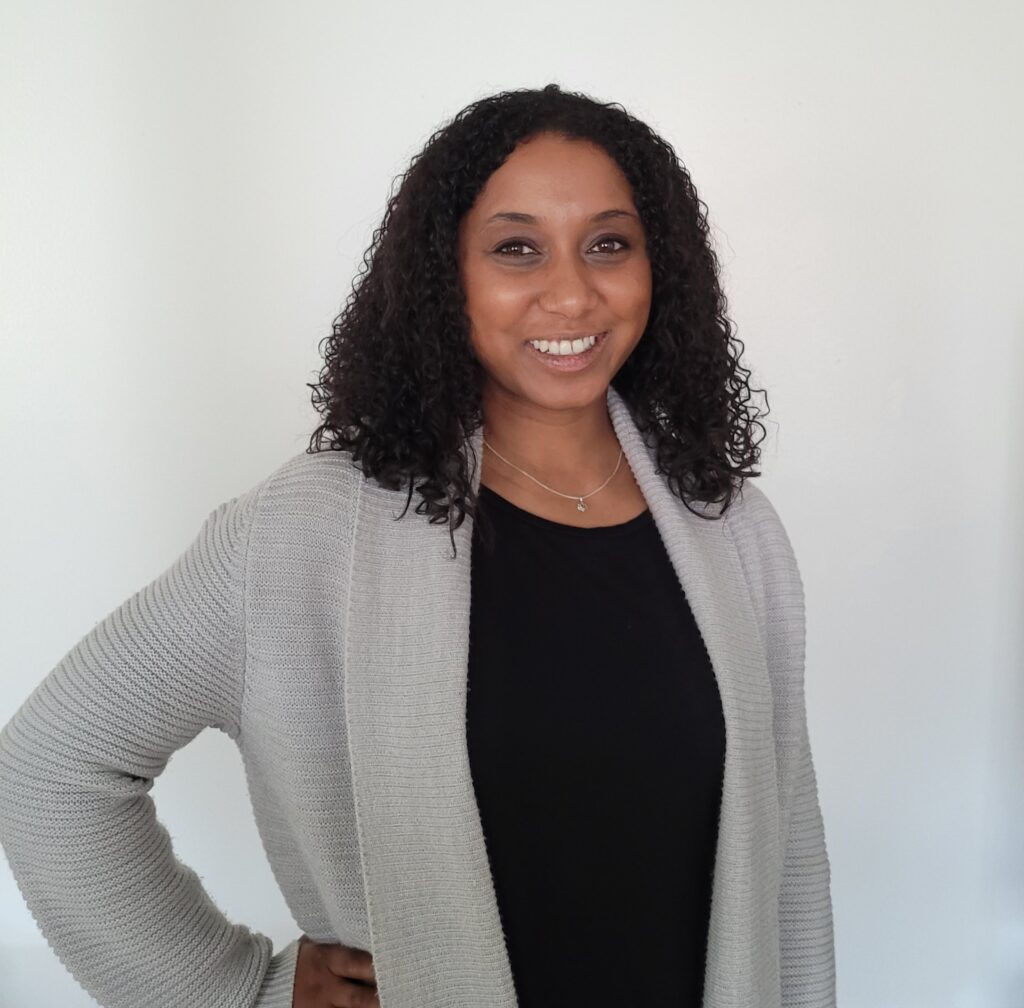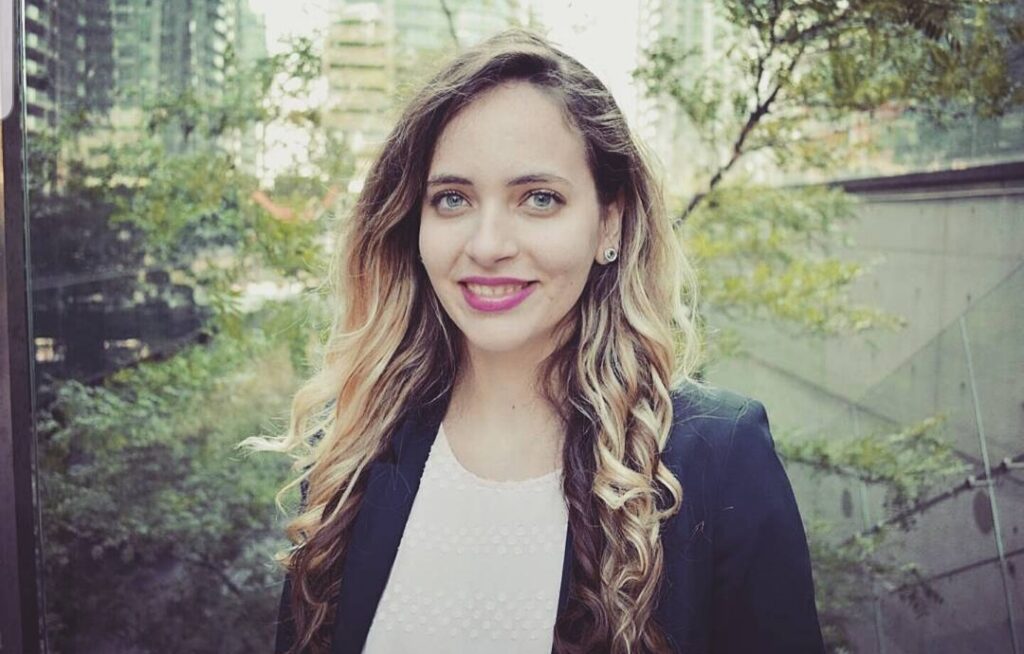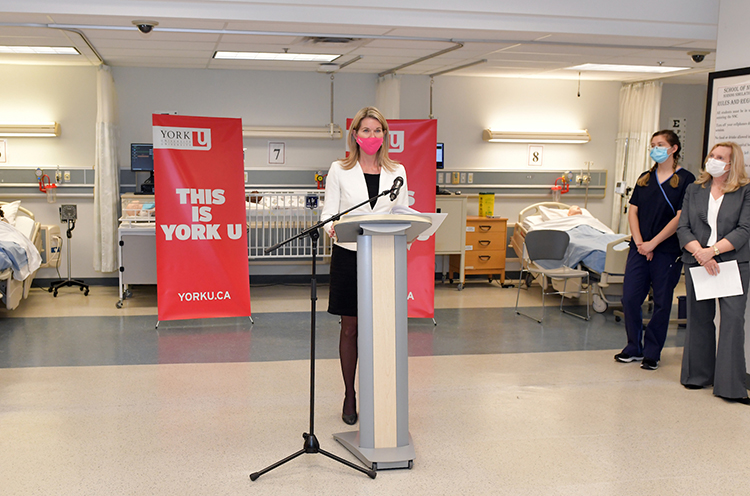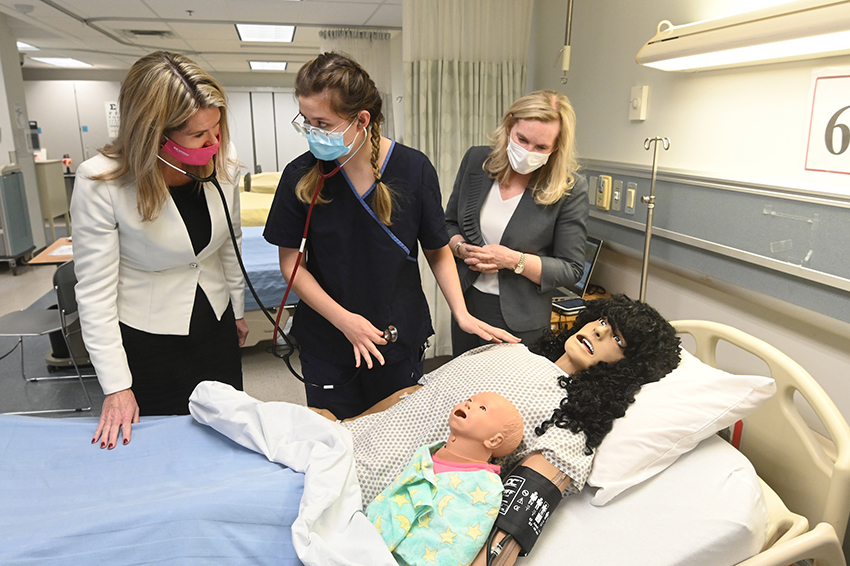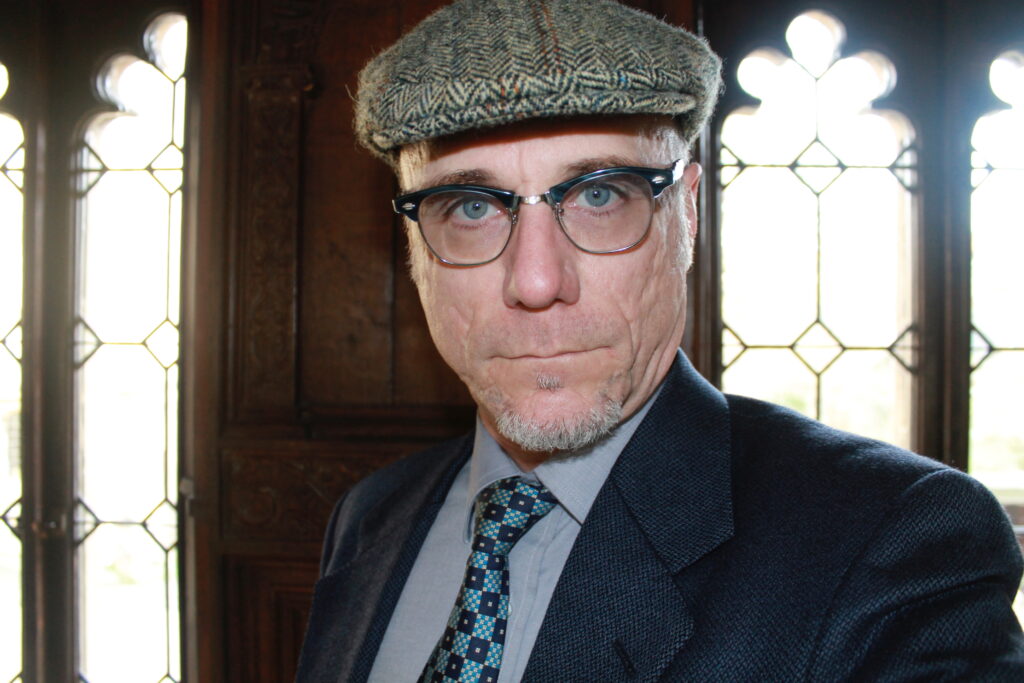CIFAL York in collaboration with UNITAR (United Nations Institute for Training and Research), York Region and The City Institute is hosting a Transportation Equity & Justice Speaker Series starting Wednesday, April 13 at noon.
The virtual four-session speaker series will explore how transportation plays a key role in societies. Equity and justice in transportation and transportation projects can contribute to social justice and provide equitable and just access to transportation, economic opportunities, and social and recreational activities. Communities across Canada and globally are trying to increase equity and justice in transportation.
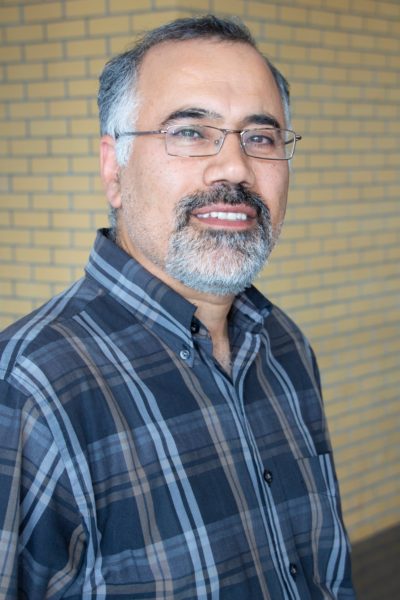
“The speaker series will provide a space for knowledge exchange and experience sharing between researchers, experts and policymakers to discuss how equity and justice issues and considerations are addressed in transportation” says Professor and CIFAL York Director Ali Asgary.
In line with the United Nations Sustainable Development Goals (UN SDGs), the speaker series is designed to discuss and exchange knowledge about the current state of equity and justice in transportation in different cities, municipalities and jurisdictions, as well as explore and understand how different municipalities and government levels must address equity and justice in transportation now and in the future.
With representation from various sectors, the sessions are aimed to insight students, transportation planners, public health practitioners, transportation engineers and more. The series will explore equity and justice in different areas of transportation, examine and discuss how other municipal operations and plans impact or contribute to transportation equity and justice and understand how transportation equity and justice can be measured at various levels.
Each session will take place on select Wednesdays from noon to 1:30 p.m. Registration for all sessions is required:
April 13
Topic: Incorporating Equity into Ottawa’s Transportation Master Plan
Speakers: Deborah Lightman, senior project manager, Transportation Planning, City of Ottawa
Topic: Transport equity and climate action: a review of municipal plans in Canada on Plan Perspective
Speakers: Andréanne Doyon, asssistant professor and director of the Resource and Environmental Planning Program, Simon Fraser University
Event moderators: Peter Park, associate professor, Transportation Engineering at Lassonde School of Engineering at York University and Chair, CIFAL York, Safe Mobility Technical Advisory Committee; Sonia Sanita, healthy built environment specialist at York Region (The Regional Municipality of York) and co-Chair, CIFAL York, Safe Mobility Technical Advisory Committee.
April 27
Topic: Transportation Planning for Equity, Opportunity and Health
Speaker: Todd Litman, founder and executive director of the Victoria Transport Policy Institute
Topic: Emerging Transportation and Disability
Speaker: Mahtot Gebresselassie, incoming assistant professor, Faculty of Environmental and Urban Change, York University
Event moderator: Patricia Wood, professor, Faculty of Environmental & Urban Change, York University
May 11
Topic: Transit Justice and Metrolinx: Next Stop Equity
Speakers: Sean Hertel, course director, Faculty of Environmental and Urban Change, York University; Michael Collens, senior associate at Ontario Ministry of Municipal Affairs and Housing
Topic: Transportation justice in student travel: some preliminary results from the StudentMoveTO project
Speakers: Mohsen Alavi, research associate, Robarts Centre for Canadian Studies, York University; Mohammed Mohith, urban and regional planning researcher
Event moderator: Roger Keil, professor, Faculty of Environmental and Urban Change, York University
May 25
Topic: Equity Challenges in the Built Environment and Child Pedestrian Injuries – Integration of Evidence and Public Health
Speakers: Linda Rothman, assistant professor, School of Occupational and Public Health, Faculty of Community Services, Ryerson University; Sarah Richmond, Applied Public Health Science, Public Health Ontario assistant professor, University of Toronto; Emily McCullough, senior consultant, StrategyCorp Inc.
Event moderator: Alison Macpherson, professor, School of Kinesiology & Health Science, Faculty of Health, York University
For further information about the speaker series and registration, visit the CIFAL webpage.




